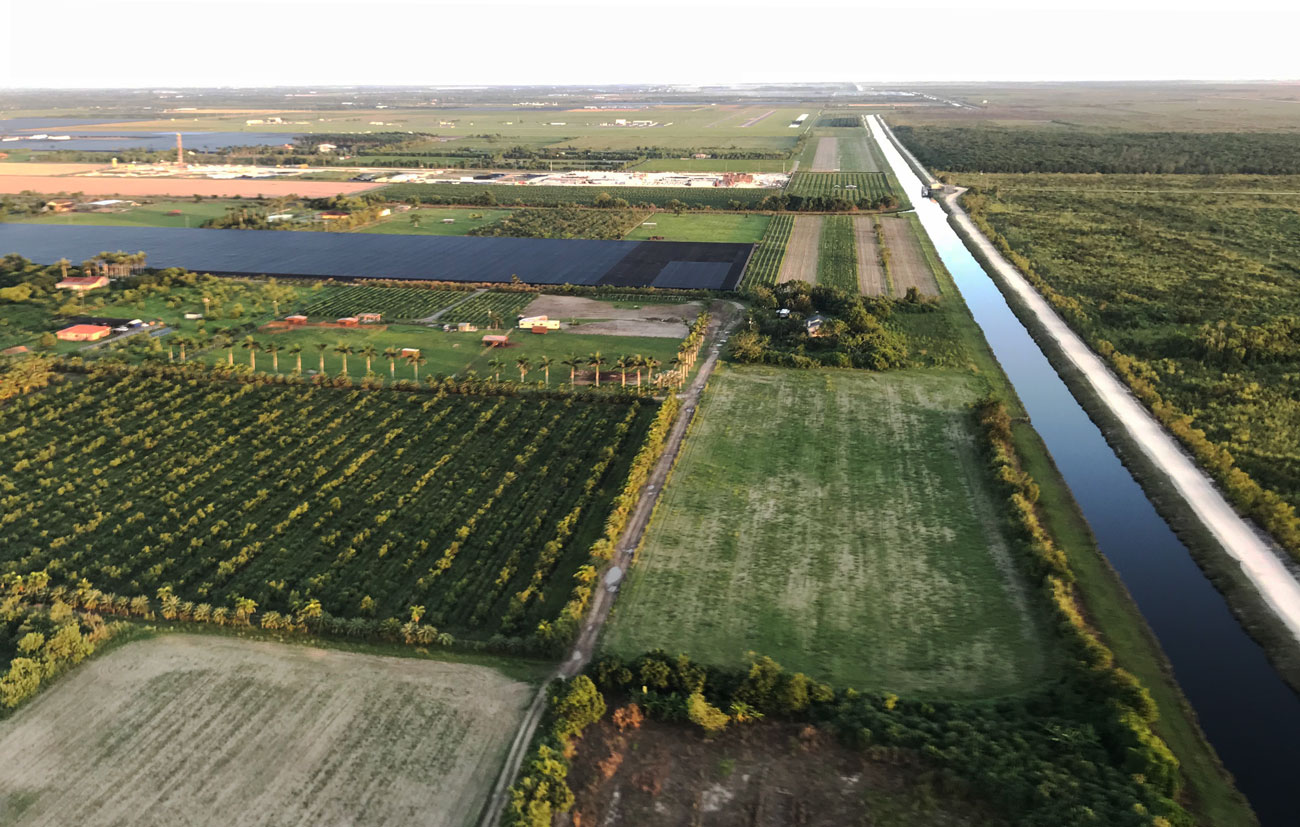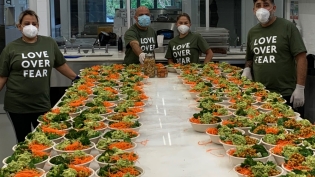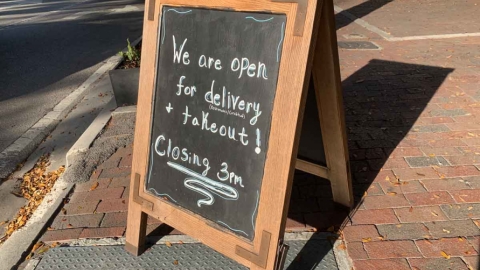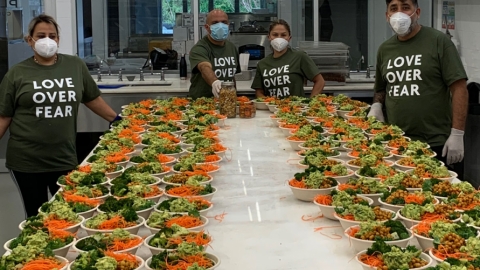Updated: Agricultural Relief, What Stimulus Package Means for Farmers
UPDATED: Florida Agricultural Commissioner Nikki Fried's office released the following information about the SBA's Paycheck Protection Program (PPP).
- PPP loans are designed to provide a direct incentive for small businesses to keep their workers on the payroll and the SBA will forgive loans if all employees are kept on the payroll for eight weeks and the money is used for payroll, rent, mortgage interest or utilities.
- All agriculture businesses are eligible as long as size standards are met. To learn more and apply today, please visit: www.sba.gov/paycheckprotection.
Her office is continuing to work with Senator Marco Rubio to ask the SBA to temporarily allow the agriculture sector to apply for EIDL loans during this current crisis.
- Until this eligibility is clarified for farmers, ranchers, and nursery operations, only small aquaculture operations, small agriculture cooperatives and agriculture-dependent entities, such as restaurants, grocery stores, convenience stores, farmers markets, packinghouses and distributors, are eligible for EIDL if size standards are met.
Fried says she has called on Agriculture Secretary Sonny Perdue to move swiftly on establishing USDA programs to get much-needed assistance into the hands of farmers as well as to immediately exercise his agency’s Section 32 purchasing authority to help Florida producers struggling to move perishable products because many restaurants and other food service establishments are closed.
Key Messages in the Stimulus Package
How will farmers get relief from the stimulus package? Charles LaPradd, Miami-Dade County agricultural manager, has highlighted key points:
• The bill includes a number of small business provisions designed to help farmers stay in business and take care of their employees during this difficult time. These include provisions that allow farmers to work with their trusted farm credit institutions for the purposes of securing payroll tax loans, along with 1-year deferrals, 100% guarantees, and low rates.
• The bill provides $14 billion for the Commodity Credit Corporation (CCC), the funding mechanism for all major USDA programs.
• It also appropriates an additional $9.5 billion to specifically respond to losses due to COVID-19.
• Additional funding is provided for USDA agencies that are on the front lines of responding to COVID-19, including the Food Safety Inspection Service (FSIS), the Animal and Plant Health Inspection Service (APHIS), and the Farm Service Agency (FSA).
LaPradd says the bill specifically includes specialty crops, and the USDA will next formulate how they will make the $9.5 billion available to farmers, and what programs will be funded.
Whatever comes from the USDA generally requires evidence of loss, he says. “Please take this time to track and compile losses due to COVID-19, comparative to sales during the same time frame last year (this is also a requirement for other non-Ag assistance as well). Photographs (with date) of unsaleable crops, dumped product, unharvested acreage and any other losses.”














